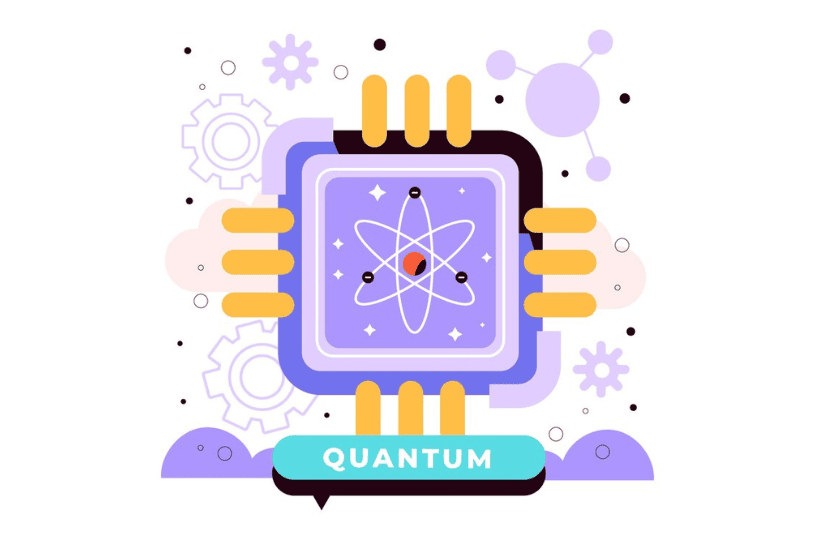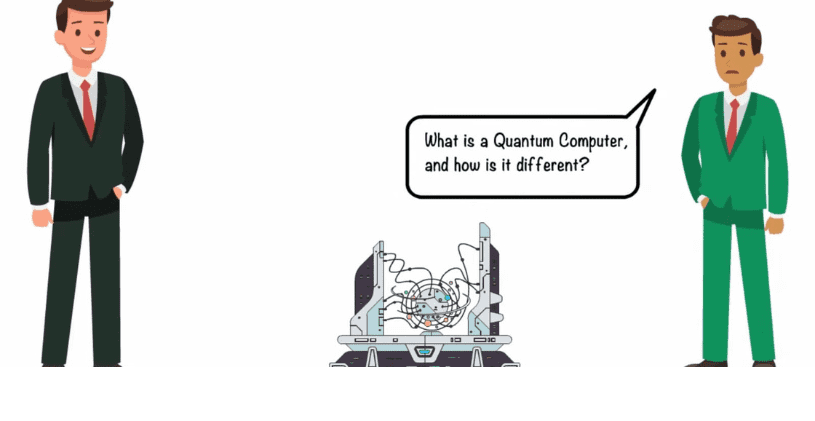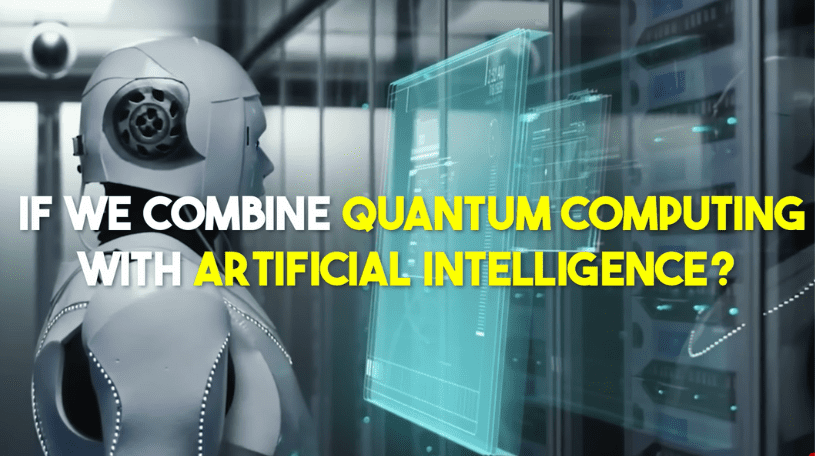
- tecnotales.com
- September 15, 2024
- 0 Comments
How Quantum Computing Will Transform Artificial Intelligence Applications?
Artificial Intelligence (AI) has already revolutionized industries ranging from healthcare to finance, but its potential is still limited by the computational power of classical systems. Enter quantum computing, a groundbreaking technology that promises to transform how AI works, making it faster, smarter, and more powerful. At TecnoTales, we provide only information, and in this article, we’ll explore how quantum computing will reshape AI applications, the benefits, challenges, and what the future holds.
The Rise of Quantum Computing
Quantum computing is not just an upgrade over traditional computing it is an entirely new paradigm. Unlike classical computers that rely on bits (0s and 1s), quantum computers use qubits, which can exist in multiple states simultaneously thanks to principles like superposition and entanglement.
This ability allows quantum computers to perform complex calculations exponentially faster than traditional machines. When combined with AI, this creates a synergy that could redefine problem-solving, optimization, and decision-making.

Why AI Needs Quantum Computing
Limitations of Current AI
While AI has achieved tremendous progress, it faces limitations:
Training deep learning models requires enormous computational resources.
Classical systems struggle with highly complex optimization problems.
Large datasets often take weeks or even months to process.
How Quantum Computing Helps
By leveraging quantum algorithms, AI can:
Reduce training times for machine learning models.
Solve complex problems in pattern recognition and optimization.
Unlock new possibilities in natural language processing, robotics, and computer vision.
This makes quantum machine learning a promising frontier for the future of artificial intelligence.
Quantum Machine Learning: The Next Big Leap
Understanding Quantum Machine Learning
Quantum machine learning (QML) integrates quantum algorithms with AI techniques to improve speed and accuracy. Unlike classical machine learning, which processes data sequentially, QML processes massive datasets simultaneously.
Benefits of Quantum Machine Learning
Faster model training: Deep learning models can be trained within hours instead of weeks.
Better optimization: QML can analyze multiple possibilities at once, providing more accurate results.
Enhanced decision-making: Industries like finance and healthcare can make quicker, data-driven decisions.
Example: Quantum Computing for Deep Learning
Deep learning models, such as neural networks, are resource-intensive. Quantum computers can handle high-dimensional data more efficiently, potentially making image recognition, drug discovery, and autonomous driving much more advanced.
Real-World Applications of Quantum AI
Healthcare
Quantum AI can accelerate drug discovery by simulating molecules at an atomic level, predicting interactions far more efficiently than current systems. This can lead to faster development of life-saving medicines.

Finance
Banks and financial institutions can leverage quantum algorithms in AI for risk analysis, fraud detection, and portfolio optimization, improving both security and profitability.
Cybersecurity
From optimizing delivery routes to managing global supply chains, quantum AI can bring new efficiency to transportation systems worldwide.
Transportation & Logistics
While the benefits of quantum computing for AI are significant, there are also numerous drawbacks and ethical issues that need to be discussed in the course of the further development of these technologies.
Benefits of Quantum Computing in AI Applications
Unparalleled Processing Power: AI models trained faster and more efficiently.
Advanced Problem-Solving: Handling optimization problems classical computers cannot solve.
Improved Predictions: Enhanced accuracy in forecasting markets, climate, or healthcare outcomes.
Cost Efficiency: Reduced time means reduced computational expenses in the long run.
Scalability: Supporting the next generation of AI models with massive datasets.
The Future of Artificial Intelligence with Quantum Computing
The AI applications in the quantum era will look very different from today. As quantum technology matures:
Quantum-enhanced neural networks will become mainstream.
Quantum AI assistants will process human language with near-perfect accuracy.
Industries like space exploration, climate modeling, and personalized healthcare will reach new frontiers.
At TecnoTales, we believe that while the challenges are real, the future of artificial intelligence lies in its collaboration with quantum computing.
Frequently Asked Questions
1. What is quantum computing in AI?
Quantum computing in AI refers to the integration of quantum algorithms with artificial intelligence to enhance speed, efficiency, and problem-solving capabilities.
2. How will quantum machine learning benefit businesses?
Businesses can use quantum machine learning to analyze massive datasets quickly, improve forecasting, optimize supply chains, and provide better customer experiences.
3. What industries will benefit most from quantum AI?
Healthcare, finance, cybersecurity, logistics, and climate research will see the most significant transformation through quantum AI applications.
4. What are the main challenges of quantum AI?
The biggest challenges are the high cost of quantum systems, limited accessibility, technical barriers, and ethical considerations in data usage.
5. When will quantum AI become mainstream?
Experts predict that within the next 10–20 years, quantum computing AI will become widely accessible, reshaping industries on a global scale.